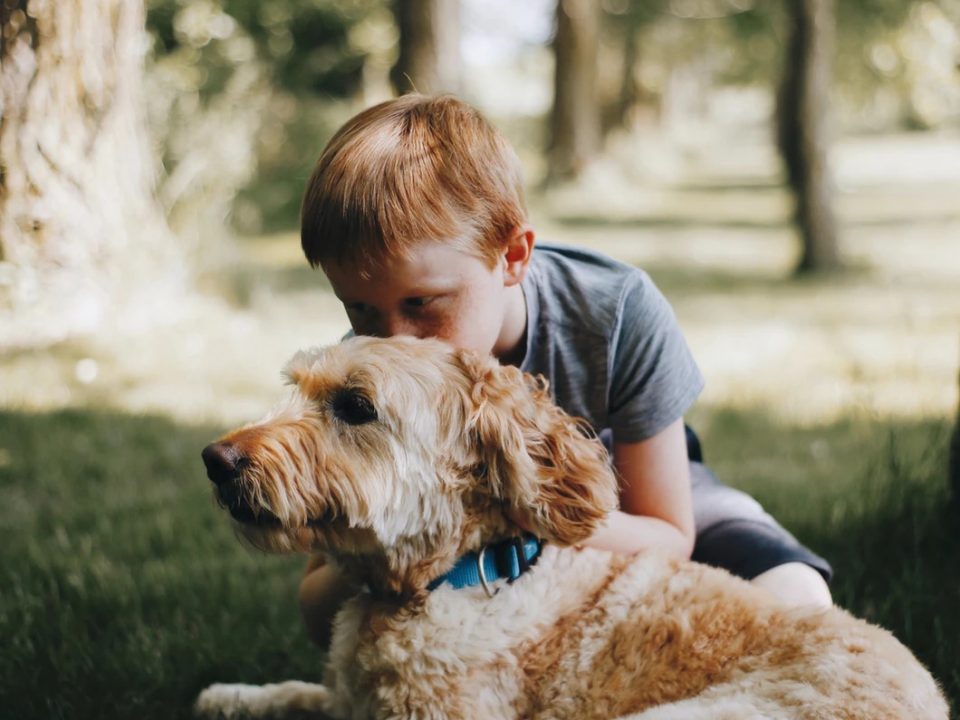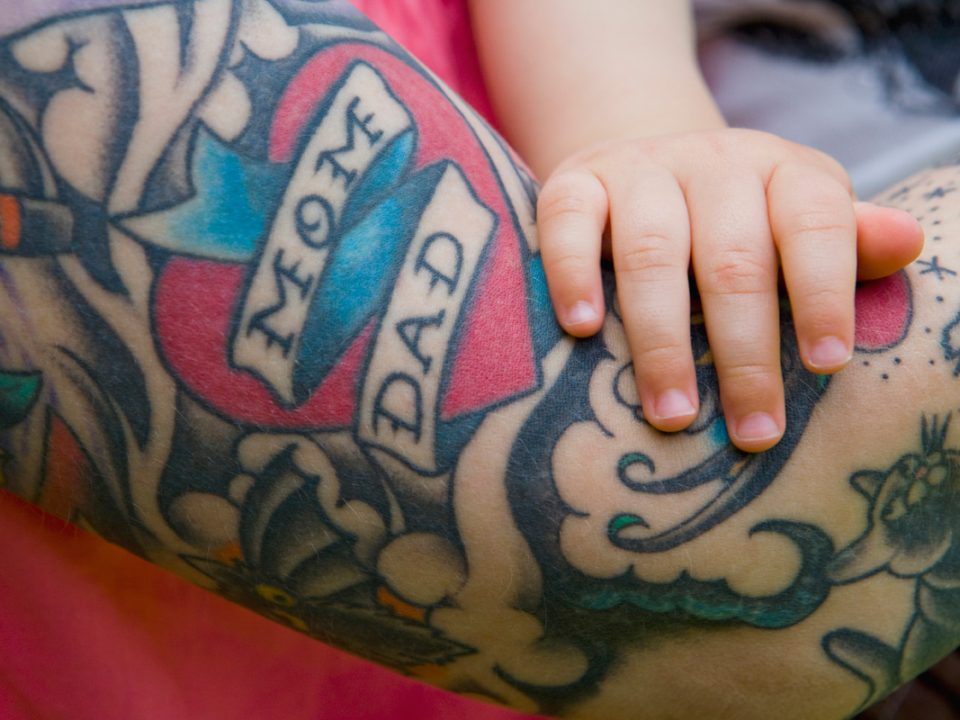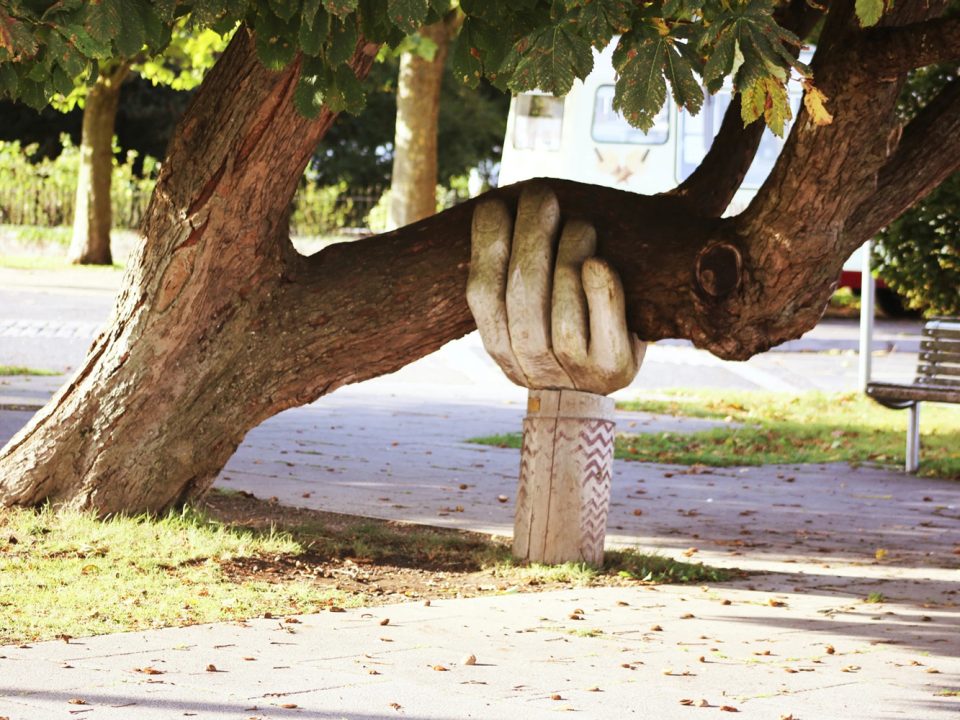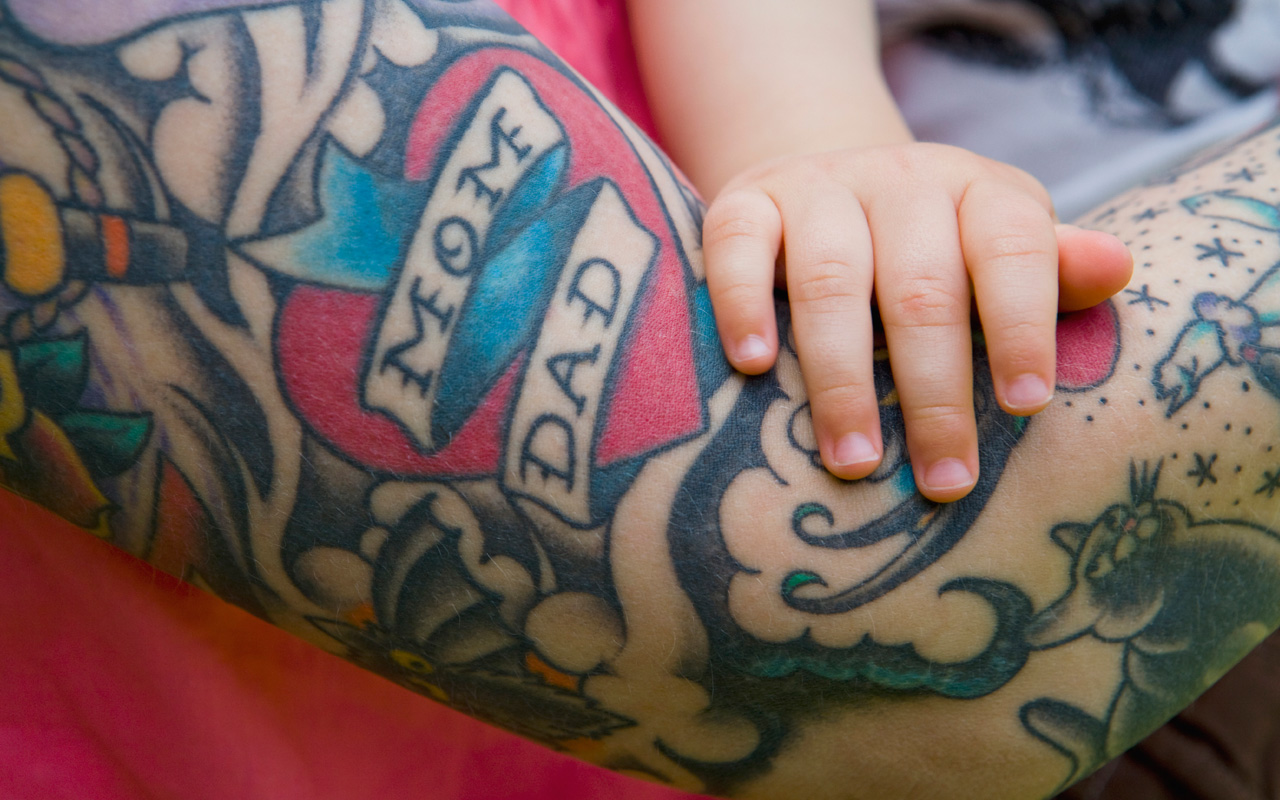
Parenting Plans
April 16, 2023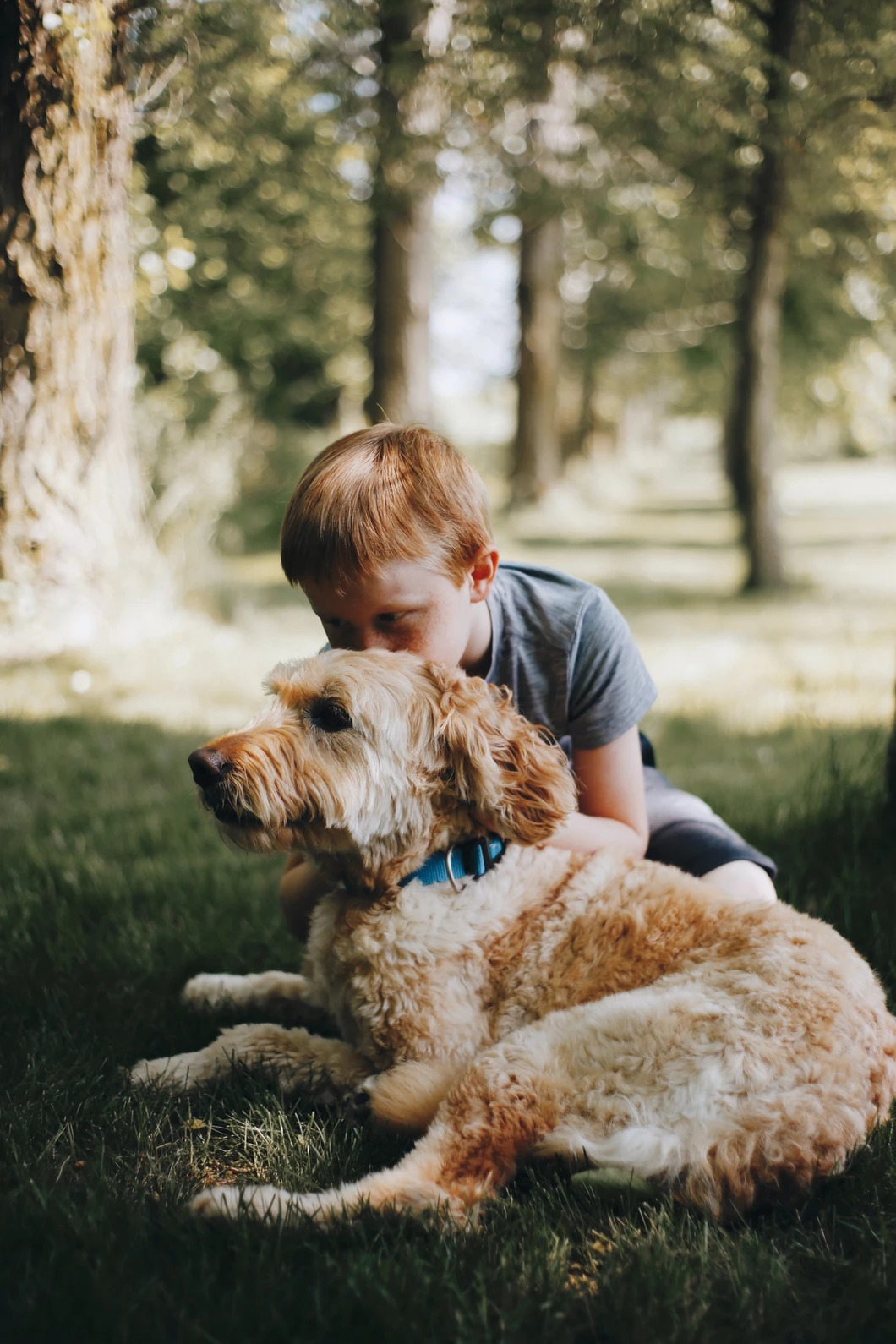
Our Furry Family
May 8, 2023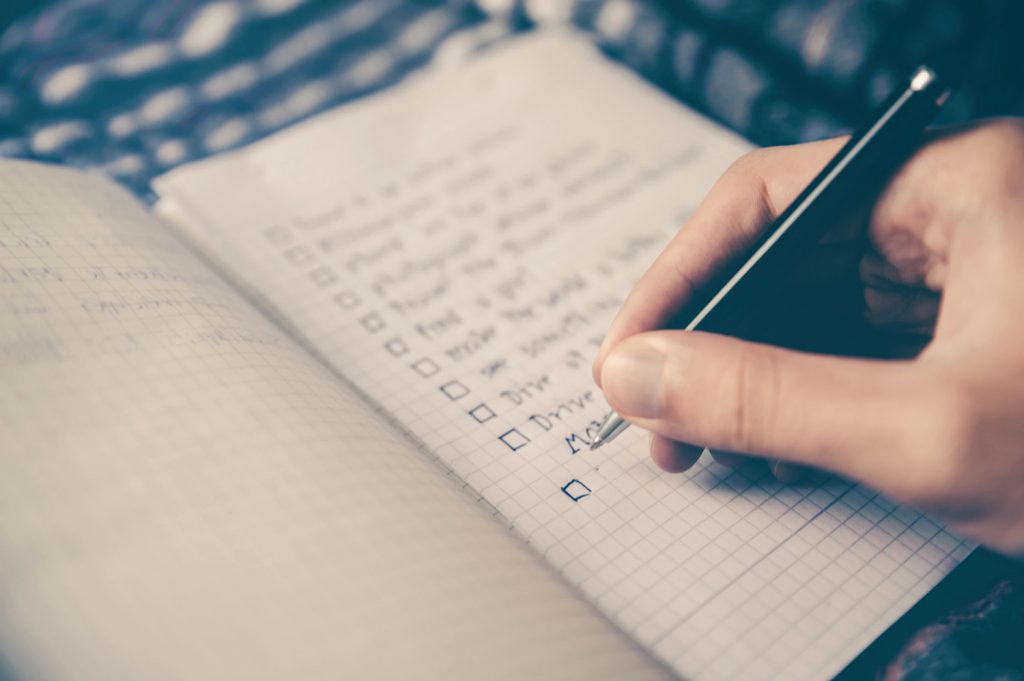
Leaving a relationship is generally painful and difficult. Emotions are high and people do not always act as expected. For the most part, both parties can navigate this emotionally difficult terrain with professionals and come up with a result that they can live with.
However if you are leaving an abusive relationship it is important to have a clear plan on when you are going to leave, where you intend on staying and how you are going to afford the financial consequences of leaving.
We see lots of reports of domestic violence in the media and it is an undisputed fact that domestic partner deaths (and unfortunately the children of domestic partners) make up a large proportion of homicides each year.
Please remember that domestic violence comes in many forms. It does not always mean physical violence. There are other incidents of coercive control like financial control, controlling a person’s friend group, angry outbursts that involve yelling in a person’s face, taking a person’s car keys so that they cannot leave, threats to the life or safety of a person, their family or animals. People are entitled to live their lives free from fear – any type of behavior that incites fear on a regular basis in an intimate partner relationship is unacceptable.
Any sort of coercive, controlling behavior over a period of time will result in traumatized people. They won’t always be thinking as clearly as someone who hasn’t had to deal with this type of violence. If you are a support person to someone leaving an abusive relationship, this will not be a straight path. They may try to leave a number of times before it sticks – don’t give up on them. They will also need a lot of understanding and support as they come up with a plan as they have been beaten down so much that they may not be able to come up with their own ideas immediately.
Personal safety plans can be created with the help of a trusted friend, a counselor or other professional. Things to include in a safety plan are:
1. When is the person going to leave? Have a couple of options so that if one plan falls
through, there is a second option available.
2. Will the person need to store some items with a friend prior to their leaving?
3. If there are children, does the school need to be updated as to the situation?
4. Where will the person go and who will they stay with. Have more than one option.
5. Plan for regular check ins with family and friends to make sure that you are still safe.
6. Have a word or phrase that would alert a friend or family member to your circumstances
changing while not alerting the abuser. For example, if your abuser finds you and is
present when your friend checks in, have a phrase that won’t alert the abuser but will let
your friend know to call for help.
7. How will the person support themselves financially and how will they pay for any
litigation costs that come up? It is a good idea to have a plan in place prior to leaving
to move some money into a separate account to cover everyone’s immediate and short
term financial needs.
The more planning ahead that can be done, the better chances of the plan succeeding. Copies of your plan should be shared with family members or other trusted friends.
It is essential the person leaving can financially support themselves for a period of time and can pay for any litigation that may need to take place. I often work with my clients to come up with a way to make sure that they have sufficient finances so that they don’t feel out of options if it becomes necessary to go to court to get orders for support or for children. It is a harsh reality that abusers will try to keep the abuse going through all available avenues, including the court systems if they feel that they can get away with it. One of the worst things that we see is a person who finally has the courage to leave, go back because they are out of money and the abuser has started litigation.
Leaving a relationship is difficult, adding on the element of abuse makes it seem like an insurmountable task. It is not and there are lots of supports available to make sure that you and your children are protected.
We are here to help.
There are also other resources available —
There are shelters and other services offered through Kelowna Women’s Shelter (https://kelownawomensshelter.ca. 24 hour help line 250-763-1040). The Elizabeth Fry society is also a valuable resource https://www.empowerific.com. Phone (250) 763-4613). Both of these resources are available for women in abusive relationships.
There is also support for men offered through the John Howard Society (https://johnhowardbc.ca/okanagan-kootenay/).

